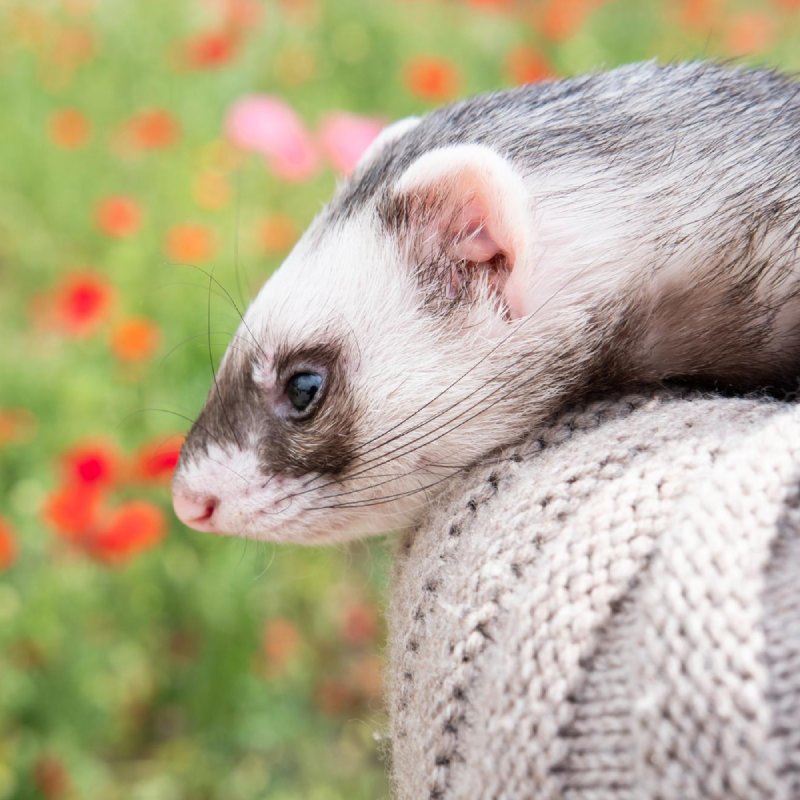Shop At Haya: Your Ultimate Shopping Guide
Discover the best shopping tips, trends, and deals for a smarter buying experience.
Unexpected Companions: Why Exotic Pets are the New Dogs and Cats
Discover the surprising rise of exotic pets as the new furry friends! Uncover the unique joys and challenges of welcoming an exotic companion.
Exploring the Rise of Exotic Pets: What Makes Them So Appealing?
The allure of exotic pets has captivated many animal lovers, leading to a significant rise in their popularity in recent years. Unlike traditional pets such as dogs and cats, exotic animals offer a unique appeal that sparks curiosity and fascination. Many pet owners are drawn to the idea of owning something that stands out from the crowd, featuring unusual colors, shapes, and behaviors. Furthermore, the exotic pet trend can be attributed to social media, where stunning photos and videos of these animals fuel the desire for ownership and enhance their appeal.
There are numerous reasons why individuals choose to embrace exotic pets. Firstly, these animals often require less maintenance than traditional pets, making them an attractive option for busy lifestyles. Additionally, owning an exotic pet can be seen as a status symbol, showcasing one’s adventurous spirit and willingness to care for more unconventional companions. Moreover, many enthusiasts enjoy the challenge of learning about these animals’ specific needs and behaviors, enhancing their bond and deepening their appreciation for exotic species.

From Snakes to Sugar Gliders: A Guide to Caring for Your Exotic Companion
Caring for an exotic companion can be both rewarding and challenging. Whether you’ve welcomed a snake, a sugar glider, or any other unique pet into your home, it's essential to understand their specific needs. Each species comes with its own set of requirements regarding habitat, temperature, and diet. For example, snakes typically require a controlled environment with appropriate humidity and heat, while sugar gliders thrive in large cages that promote their natural behaviors such as gliding and climbing. To ensure the best care for your exotic pet, start with thorough research and consult with a veterinarian who specializes in exotic animals.
When it comes to nutrition, it's crucial to provide a balanced diet tailored to your pet's species. Snakes generally consume whole prey, such as mice or rats, depending on their size, while sugar gliders require a mix of fruits, insects, and specially formulated diets to remain healthy. Additionally, consider enriching their environments to keep them engaged and stimulated; incorporate activities and toys suitable for their natural instincts. Remember, every exotic companion has its own personality and preferences, so take the time to observe and adapt your care to ensure they thrive in your home.
Are Exotic Pets the Future of Pet Ownership? Pros and Cons to Consider
The trend of owning exotic pets is growing rapidly, driven by unique aesthetics and the allure of having an uncommon companion. Unlike traditional pets like dogs and cats, exotic animals such as reptiles, birds, and even some mammals offer a distinct aspect of ownership that many find appealing. Pros of owning exotic pets include their low grooming needs, often smaller size, and less dependency on social interaction compared to more common household pets. Additionally, exotic pets can serve as a source of education, sparking interest in wildlife conservation and biodiversity among pet owners and their communities.
However, prospective owners must consider the cons associated with exotic pet ownership. Many exotic animals require specific habitats and dietary needs that mimic their natural environments, which can be costly and challenging to maintain. Furthermore, some exotic pets can be difficult to handle, may pose safety risks, or come with legal restrictions depending on local laws. Additionally, animal welfare concerns arise when these animals are kept in captivity, leading to ethical debates about whether they should be pets at all. Therefore, it’s essential to weigh these factors carefully before deciding if exotic pets are the right choice for your home and lifestyle.